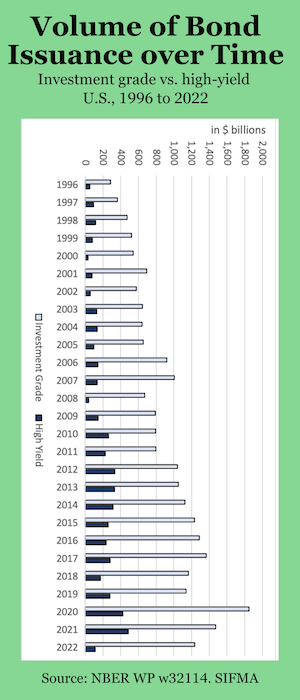The $500 million 401(k) plan of a Texas-based oil and natural gas exploration and “fracking” company was sued last week in Colorado federal court for not sufficiently using its buying power to obtain ultra-cheap institutional share class of Vanguard funds for its participants instead of Vanguard’s slightly more expensive retail share class funds.
The suit (Barrett v. Pioneer Natural Resources USA, Inc., (D. Colo., No. 1:17-cv-01579-WJM) was brought by plaintiff William Barrett, a participant in the Pioneer Natural Resources USA, Inc. 401(k) and Matching Plan which, on Dec. 31, 2015, had $500,187,123 in assets and 4,410 participants.
The annual expense ratios of the institutional (“Admiral”) share class of Vanguard funds in the Pioneer plan were between three and 16 basis points (0.03% and 0.16%) less than those of the retail (“Investor”) share class of otherwise identical Vanguard funds. Vanguard is not named as a defendant in the suit.

The suit also charges that Pioneer offered its participants mutual fund-based Vanguard target date funds instead of collective trust-based target dates funds, which would have cost about 8 basis points per year instead of 16 basis points.
The suit also alleges that Pioneer failed to negotiate lower recordkeeping fees with Vanguard. According to the compliant, the plan’s payments to Vanguard jumped from about $36 per participant in 2012 to about $66 in 2015. During that period, the number of plan participants rose 12%, to 4,410, and the assets under management rose about 40%, from $355.9 million to $500.2 million. The suit also claimed that the plan sponsor failed to negotiate lower revenue-sharing costs than they could have for non-Vanguard options in their plan’s investment line-up.
The suit claims that Pioneer didn’t document their decision-making processes. Consultants to 401(k) plan sponsors often warn that they are especially likely to be vulnerable to breach-of-fiduciary-duty lawsuits if they fail to have a documented process in place for reviewing the costs of their investment options and benchmarking them regularly.
In this suit, plaintiffs charge: “The Pioneer Defendants had no competent annual review or other process in place to fulfill their continuing obligation to monitor Plan investment choices for performance or to minimize expenses, or in the alternative failed to follow their own processes.”
Because the plan sponsor didn’t try to get the best possible deal for participants, the suits says, participants lost millions of dollars in market gains. The suit asks Pioneer to “make good to the plan all losses” that participants allegedly suffered.
© 2017 RIJ Publishing LLC. All rights reserved.


